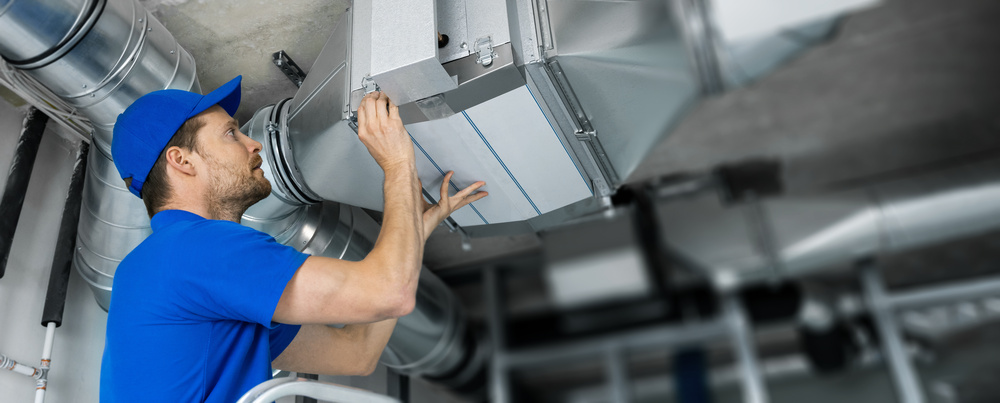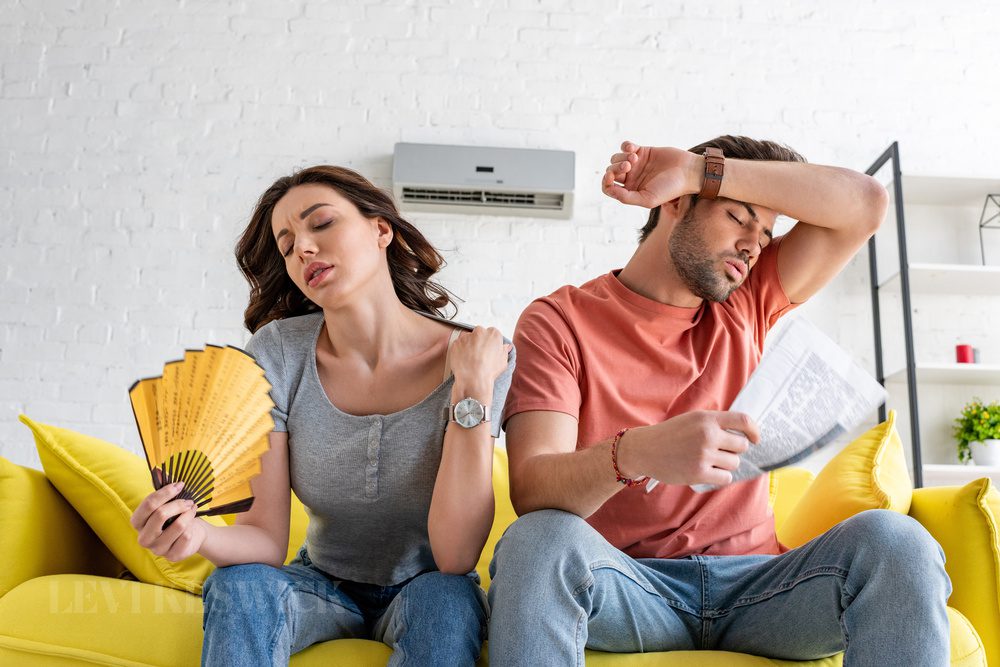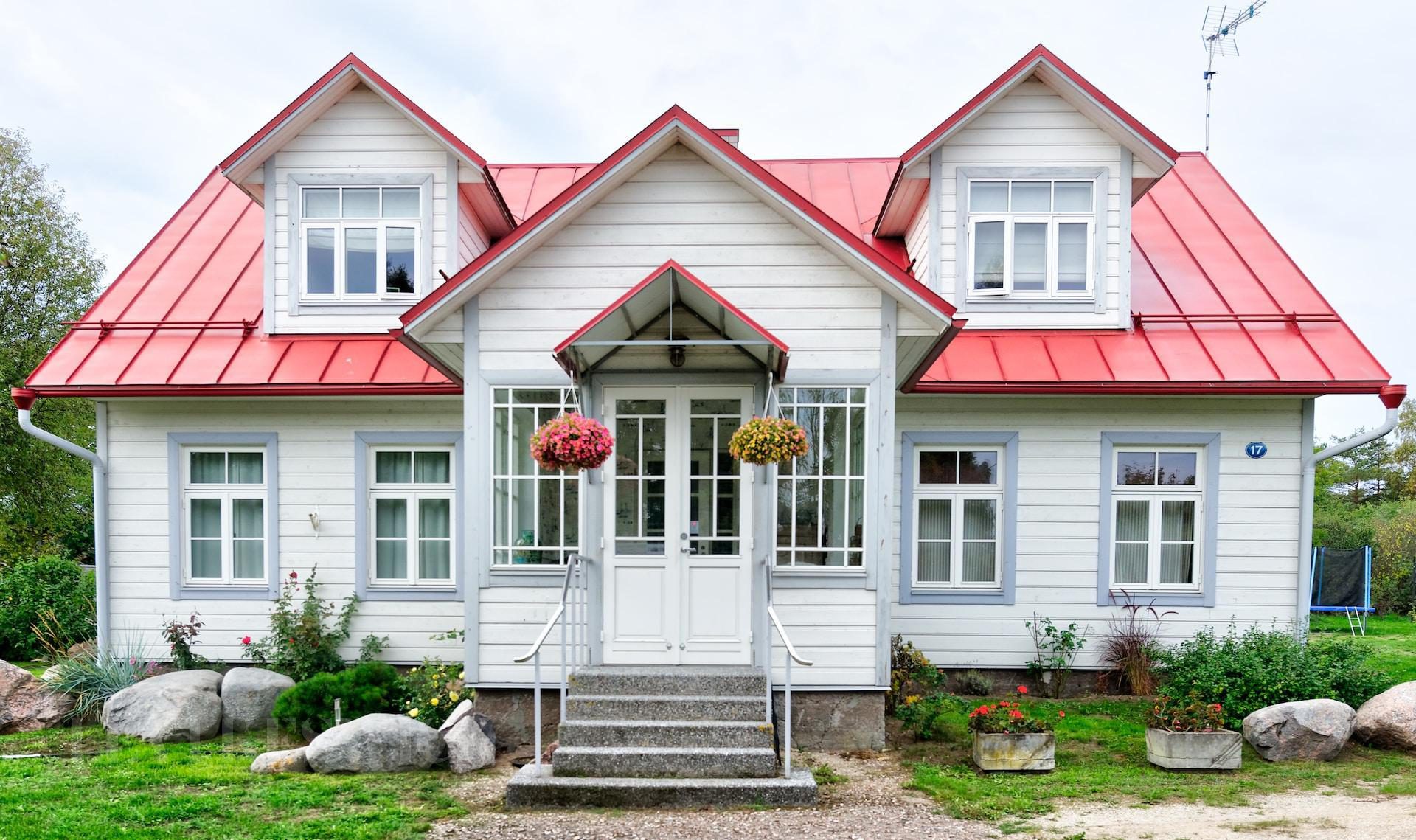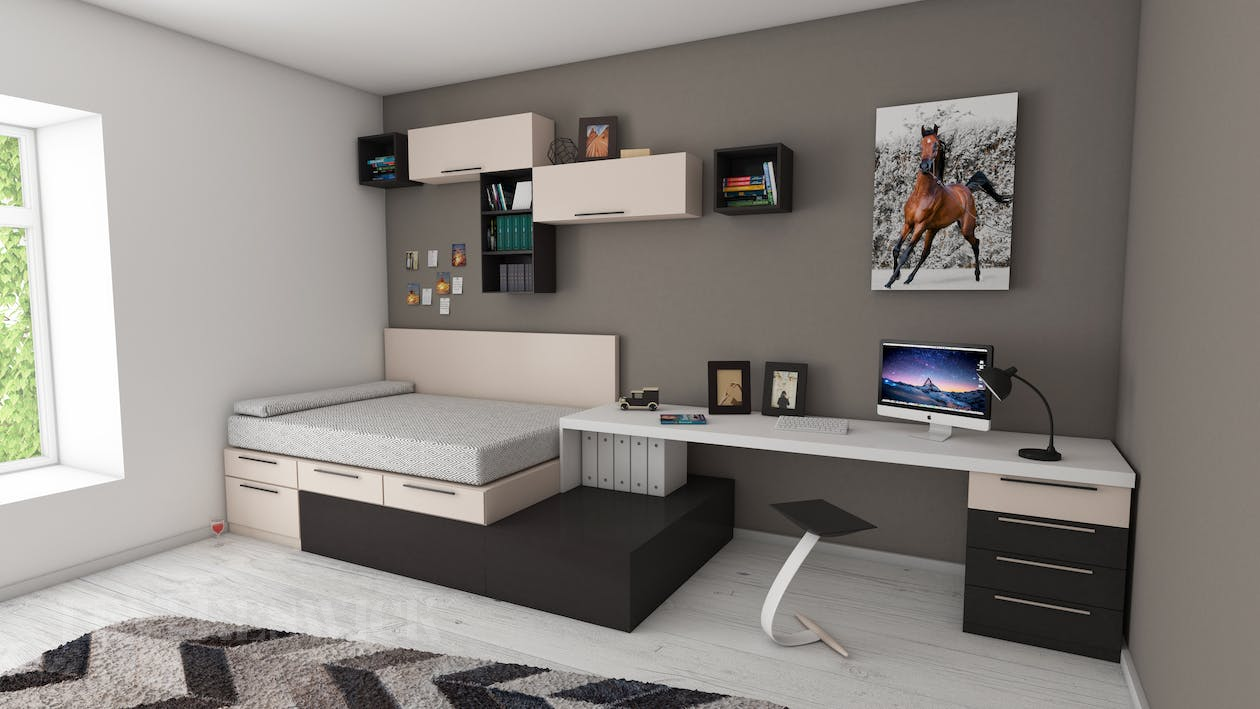Temperature is vital in indoors whether you operate a commercial space or own residential property. With a heating, ventilation, and air conditioning (HVAC) system, you can regulate the temperature in your areas to keep occupants comfortable. However, if you have an inefficient HVAC system, you’ll incur high energy bills and have poor indoor air quality.
That said, you need to invest in the efficiency of your HVAC system. You can install programmable thermostats, replace filters, and schedule annual inspections. Once a professional inspector from an HVAC repair service company like HVAC Winchester discovers issues, you can ensure repair immediately.
After that, you can reap the four advantages of an efficient HVAC system, which include:
1. Reducing Energy Bills
Insulation plays a vital role in keeping the heat and cold air out during the winter. This process reduces heating costs and helps keep moisture away from your home during summer. If there’s an insufficient amount of insulation, there might be excess heat loss or gain through walls or roofs, which affects your comfort level and causes high energy bills.
The first step in reducing your energy expenses is getting an energy audit. An energy auditor will come into your home and check out the condition of your current HVAC system. They’ll also check out other things like insulation and windows to see if any problems could be causing high energy bills each month. Once they’ve finished their evaluation, they’ll suggest ways that you can cut back on costs by upgrading certain parts of your home’s air conditioning system or heating system.
With an efficient HVAC system, you’ll use less energy for heating and cooling your home. For instance, you can clean your air ducts to allow air to flow more freely through the unit to reduce strain on the compressor. In turn, you can have lower energy consumption, which equates to lower monthly utility bills if you pay by the kilowatt hour (kWh). If there are any problems with your current HVAC unit, it might be time for a replacement.

2. Refreshing Indoor Air Quality
A poorly maintained HVAC system allows dust, dirt, and other contaminants to circulate throughout a building. These contaminants can aggravate respiratory problems such as asthma or allergies, especially in children and the elderly. Also, these toxic particles can cause discomfort and fatigue to individuals who aren’t susceptible to respiratory conditions.
To avoid this incident, refresh the indoor air quality in your home or office by improving the efficiency of your HVAC systems. One way to do this is by using high-quality filters in each room with an air conditioner or furnace unit installed. These filters trap dust, pollen, and other particles, which are known to cause health problems if they become airborne in large quantities.
If you notice that your existing system needs an upgrade, you must check advanced models that will help improve indoor air quality. Newer systems have more efficient filters that trap more dust and dirt than older ones. As a result, fewer contaminants will enter your home through your air vents, which means healthier air quality for you and your family.
3. Improving Comfort
An inefficient HVAC system can cause discomfort indoors because you might need to turn up the thermostat higher than usual. Aside from that, your air conditioner might take longer to cool down your space, especially during extreme weather conditions. Similarly, you might have to sleep in a cold bedroom during winter, which might cause hypothermia.
The first step in improving your comfort is ensuring your air conditioner isn’t over-cooling or overheating your home. To do so, you have to make sure that all registers are open throughout your house so air can move freely from room to room. If there’s a problem with one register, that area will feel colder than others in the place due to poor airflow. If there are no leaks, then it’s time to clean your filters.
4. Minimizing Greenhouse Gas Emissions
Your HVAC system is one of the most critical systems in your home. It’s responsible for keeping your family comfortable and healthy but also impacts the environment. These systems are responsible for significant greenhouse gases because they create excess moisture that leads to mold growth.
Improving your HVAC system is an excellent start if you want to reduce your carbon footprint. You can find out what temperature your home should be set at during different times of day by consulting a programmable thermostat or looking up information online. Then, you may consider upgrading to a new system to help protect the planet while improving indoor air quality.
Key Takeaway
Operating a commercial space or residential unit requires proper indoor air maintenance to ensure the health and safety of the occupants. Therefore, you must provide the efficiency of your HVAC system to gain these four benefits.













